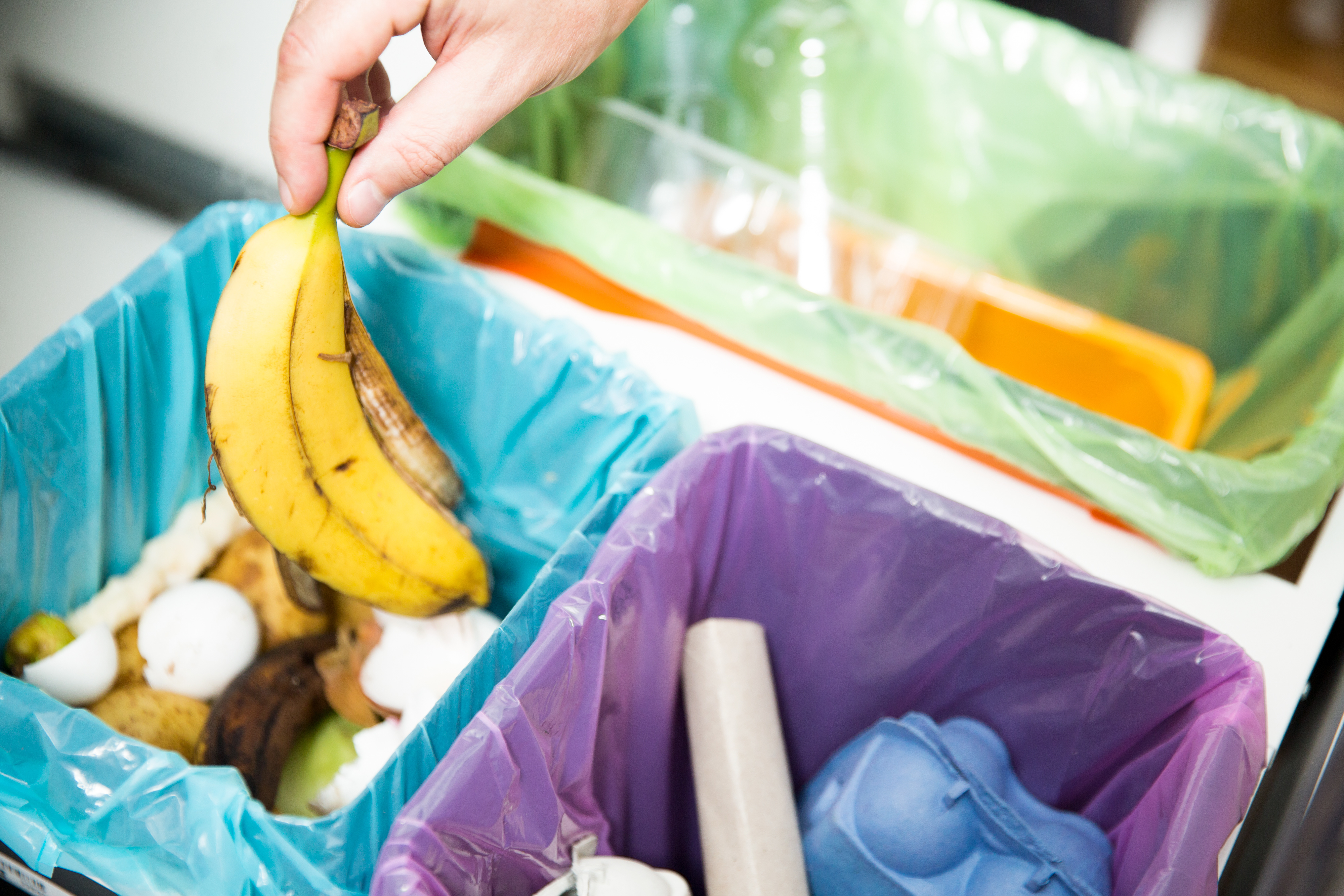The U.S. Environmental Protection Agency says most people don't realize how much food they throw away every day — from uneaten leftovers to spoiled produce.
"About 94 percent of the food we throw away ends up in landfills or combustion facilities," according to EPA's Reducing Wasted Food website.
How can we reduce food wasted at home? By careful planning and prepping. EPA provides the following tips:
Planning Tips
By simply making a list with weekly meals in mind, you can save money and time and eat healthier food. If you buy no more than what you expect to use, you will be more likely to keep it fresh and use it all. Keep a running list of meals and their ingredients that your household already enjoys. That way, you can easily choose, shop for and prepare meals.
Make your shopping list based on how many meals you’ll eat at home. Will you eat out this week? How often? Plan your meals for the week before you go shopping and buy only the things needed for those meals.
Include quantities on your shopping list noting how many meals you’ll make with each item to avoid overbuying. For example: salad greens - enough for two lunches.
Look in your refrigerator and cupboards first to avoid buying food you already have, make a list each week of what needs to be used up and plan upcoming meals around it.
Buy only what you need and will use. Buying in bulk only saves money if you are able to use the food before it spoils.
Storage Tips
It is easy to overbuy or forget about fresh fruits and vegetables. Store fruits and vegetables for maximum freshness; they’ll taste better and last longer, helping you to eat more of them.
Find out how to store fruits and vegetables so they stay fresh longer inside or outside your refrigerator. Freeze, preserve, or can surplus fruits and vegetables - especially abundant seasonal produce.
Many fruits give off natural gases as they ripen, making other nearby produce spoil faster. Store bananas, apples, and tomatoes by themselves, and store fruits and vegetables in different bins.
Wait to wash berries until you want to eat them to prevent mold.
If you like to eat fruit at room temperature, but it should be stored in the refrigerator for maximum freshness, take what you’ll eat for the day out of the refrigerator in the morning.
